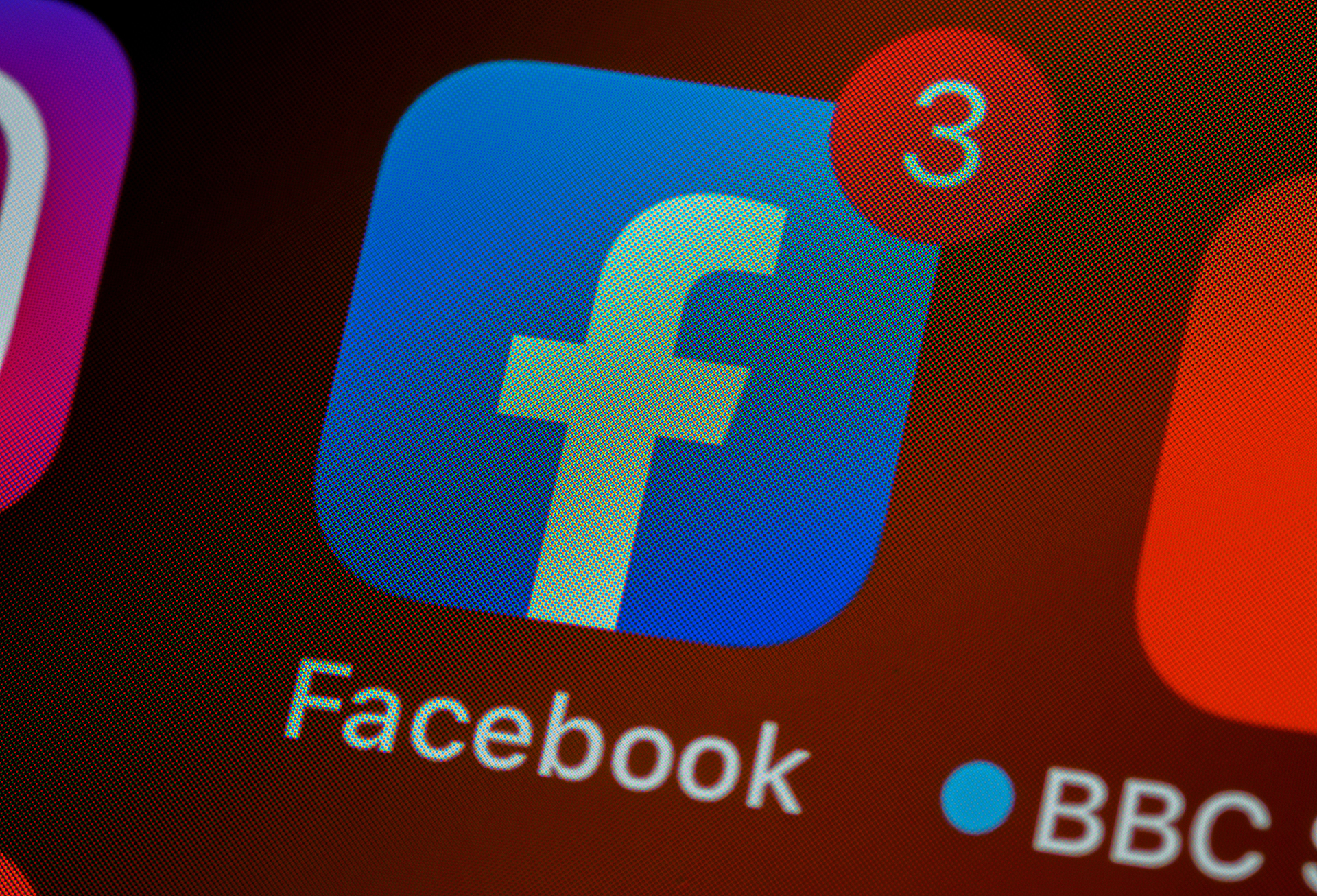
The Dark Side of Solar Marketing
May 26, 2021
It’s been said that if something seems too good to be true, it probably is. If you’ve ever researched solar or spent any time on social media, perhaps you’ve seen the following phrases, or something similar:
“Solar & Backup Battery Installed For No Cost”
“Free Solar Panels in Pennsylvania”
“PA Solar Incentive Program”
“Solar Stimulus Funding”
“No Cost Solar Voucher”
“Get Paid to Go Solar”
“Free Solar Panels”
While solar is a fantastic investment that can be made with little to no upfront cost, many of these ads, concepts, and statements are misleading and predatory. Pennsylvania does not have a state incentive program. Solar panels and battery storage technologies are not free. And, unfortunately, your electric utility company will not pay you to install solar.
Why lie, you ask? Good question!
In the past year, solar marketing has taken the internet by storm. Business Insider published an article documenting the recent rise of misleading ads and false advertising for solar on social media platforms like Facebook. Social media platforms make it easy to profile consumers and target them based on interests. For example, if you follow environmental groups, discuss sustainability, or like an electric vehicle brand on Facebook, you are a likely target for solar marketing. While not all solar marketing is misleading, a lot of it is. In this article we will discuss why these ads exist, who benefits from them, and how you can avoid falling prey to them.
A Pandemic-Fueled Fire
Many solar companies have relied primarily on in-person solicitation to generate business opportunities, or “leads,” utilizing direct marketing strategies like door-knocking or deploying solar sales reps in home improvement stores. Before COVID-19, these programs were a very effective means of generating leads. Sales teams focused on specific geographic markets, naturally limiting their reach and creating a certain level of word-of-mouth accountability. The pandemic has shifted many sales efforts to the web, where competition is fierce and geographic constraints are nonexistent. Finding clients is no longer as simple as starting a face-to-face conversation, and aggressive, misleading advertising campaigns are rushing to outdo one another. This approach is primarily profit-driven, with little to no interest in truly educating or informing consumers.
Who is Winning Here?
Not all solar marketing comes from solar installation companies. In fact, a large portion of these misleading advertisements are posted by companies who don’t even install solar or know how it works. Once again, this is driven by profit and quantity, not quality.
The basic strategy for solar lead-generators is simple: say whatever it takes to get someone to share their personal information (name, phone number, email, home/business address, etc.), and then sell that information to the highest bidder. Even if an advertisement makes a false claim, the fact that someone responds to it means that person is interested in solar. Solar installation companies pay good money for “qualified” leads, and with inexpensive online advertising that isn’t vetted for accuracy, this is an easy way to turn big lies into big profits.
To be clear, solar lead generation can be done responsibly, and among the dozens of companies doing it, there are likely some who will do the work to educate consumers and set realistic expectations for solar (after all, these leads are more valuable). But to the uneducated consumer, any solar advertisement can seem realistic.
Things to Look Out For
- Claims about new (or huge)tax breaks or legislation.While tax incentives are a big part of the value of solar, they are not new, and not particularly huge.
- The word While there are options to install solar for no upfront cost, it is never free. Neither is battery storage. At the end of the day, you pay for what you get, and you get what you pay for.
- Any mention of funding or incentives for your neighborhood, state, area, etc. As of now, there are no local incentives or funding for solar in western PA. This is most likely a misrepresentation.
- An intake form to find out if you “qualify.” This determination can’t be made with just an address, or an electric bill, or a phone number. If you’re not talking to a real person, you’re not getting a real evaluation.
It takes genuine effort and constant awareness to avoid falling victim to misinformation. Online marketing is used to manipulate people in many ways, and solar (along with other, more complex energy issues) is just one example. Keep in mind the points in this article next time you’re browsing Facebook or Instagram, and make sure you trust the companies with whom you share your personal information. Your future self will thank you!

Leave A Comment